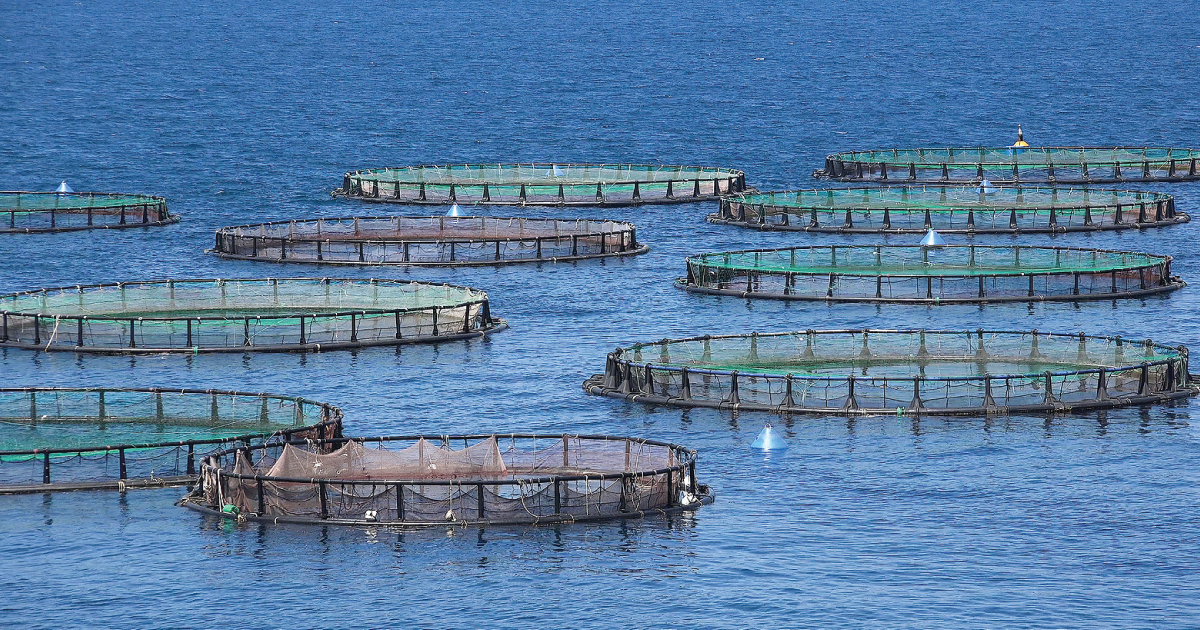
Plaintiff: Salmon Farmer’s All-Natural Claims Are, You Know, Fishy
According to its own account, Mowi, a Norwegian fish-farming multinational with a presence in 25 countries around the world, supplies one-fifth of the world’s farm-raised Atlantic salmon. As part of its global appeal, Mowi has made sustainability a keystone of the company’s identity: It claims to be leading a “blue revolution,” through which more of the world’s global calorie intake will be harvested from the seas.
September 22, 2020 | Source: JD Supra | by Linda Goldstein
Consumer expectations front and center in new class action against Ducktrap Salmon
Wide Net
According to its own account, Mowi, a Norwegian fish-farming multinational with a presence in 25 countries around the world, supplies one-fifth of the world’s farm-raised Atlantic salmon. As part of its global appeal, Mowi has made sustainability a keystone of the company’s identity: It claims to be leading a “blue revolution,” through which more of the world’s global calorie intake will be harvested from the seas.
On a smaller scale, one of the company’s U.S. brands—Ducktrap River of Maine—also does its fair share of progressive marketing. The company adopts standard, if somewhat less grandiose, claims to sustainability and “natural” products and flavors. With rough-and-ready origins in a small fishing shack inhabited by the company’s young founder and his dog, Ducktrap rounds out a folksy, close-to-nature brand identity.
Survey Says…
Enter the Federal Trade Commission (FTC or Commission). Or not.
